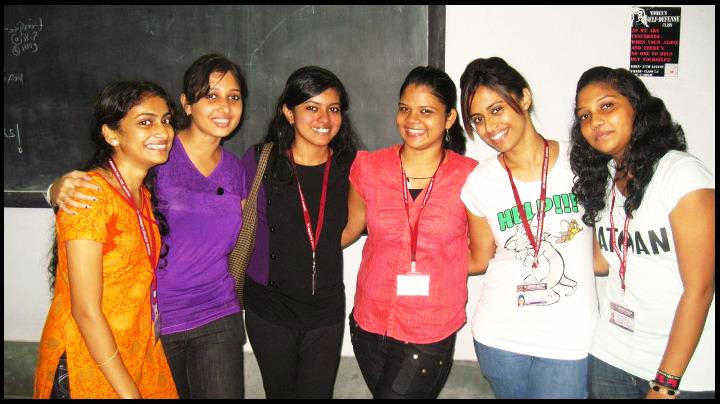This is cross-posted with the author’s permission from MetroBlogs.

The book Why Loiter? Women & Risk on Mumbai Streets aims to map the exclusions and negotiations that females of various age groups and economic classes encounter in their everyday lives in urban spaces in the city of Mumbai. Authors trio, Shilpa Phadke, Sameera Khan and Shilpa Ranade have based this book on their 3 years of qualitative research and conclude that women’s presence and participation in public spaces and events has certainly increased but reserve that the city still does not offer equal claim into the realm of public safety in urban streets and spaces.
Why Loiter? Women & Risk on Mumbai Streets embarks on a significant journey on how a radically transforming city with respect to infrastructure and rapid construction, still continues to grant women only a status of secondary citizen by denying them complete safety at any time of the day. Provision of safety in urban spaces encompasses different understanding for women belonging to different economic classes. Woman travelling in a private vehicle from destination A to destination B has different safety level offered than another woman travelling from same destination A to B in a public transport.
As presented in the book, low visibility areas, poorly lit spaces, deserted streets and public transportation after sunset all consitute for unsafe environments. To counter, women alter their movement and restrict accessing urban spaces, maintaining a compromise. The book presents scenarios where this aspect of women in public spaces is so deeply entrenched that it becomes their second nature to modify their behavior. Examples like covering their chest with a book, file or dupatta, walking while gazing down and pretending to be on the phone while moving swiftly away into private spaces are common glimpses.
What is curious about the book is that investigates various economic and communal settings and how each is unique in providing different degree of freedom and social constraints. So a city, essentially an amalgam of various faiths and religion and cosmoplitan in its claim, provides a different level of freedom in varied communities. And women are not let loose from the clutches of moral policing in the name of safety. She can be letched, eve-teased, groped, stared and made to feel voilated, possibly anywhere. On the other hand, the same does not apply for men, as the authors point out. Men move about and expand their access to urban spaces more vigorously and more importantly any time of the day. Thus enabling more choices with respect to jobs they take up or engage in various social gestures.
This book presents scenarios of Mumbai’s changing landscape and how this emerging urban fabric could be flawed from equitable development and equal access to all citizens. And this is where I see authors blurring issues of gender humiliation to urban development. The two are distinct issues and a very organic development devoid of zoning has not been a solution either, as suggested by the researchers. Women’s safety in a city is not an unique Indian issue. Its rampant here could be a case of cultural baggage of gender hierarchy and its related perils.
Pallavi Shrivastava is an architectural designer with a keen interest in human ecology and sustainability in the built environment. She currently lives in Mumbai and works as a Country Manager for a Singapore Design Consultancy firm and pursues her academic research interest on sustainable and equitable urban development. She currently serves as the Mumbai Correspondent for World Architecture News. Pallavi holds a Masters degree in design from Arizona State University and has worked on several notable design projects both in India and USA. She is an Evidence Based Design Accreditation Certified (EDAC) and is also an USGBC LEED Green Associate.



